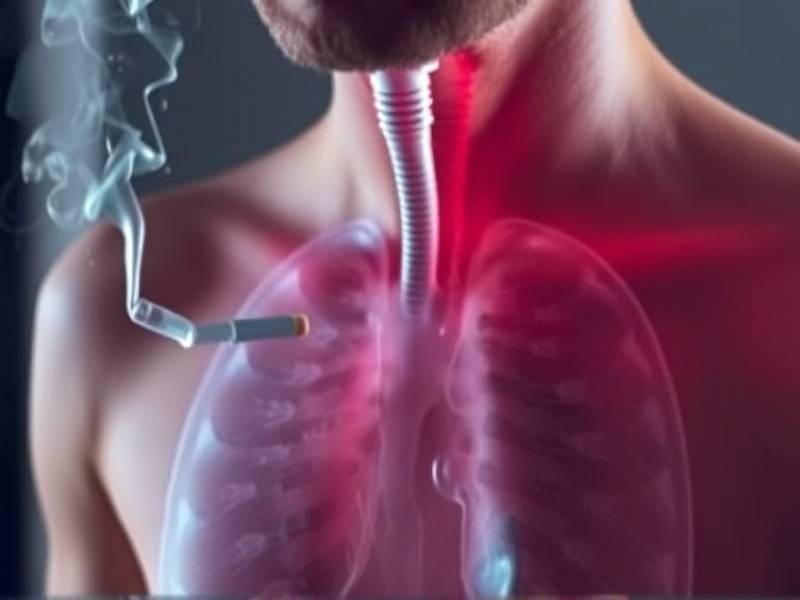Will COPD Improve After Quitting Smoking?
Introduction
Chronic Obstructive Pulmonary Disease (COPD) is a progressive lung disease that affects millions of people worldwide. Smoking is one of the leading causes of COPD, and quitting smoking is often recommended as a critical step towards improving lung health. But how much can COPD improve after quitting smoking? Let's delve into the details.

The Link Between Smoking and COPD
Smoking is a significant risk factor for developing COPD. The chemicals in tobacco smoke cause inflammation and damage to the airways, leading to a gradual loss of lung function. Over time, this can lead to symptoms like shortness of breath, coughing, and wheezing.
Improvements in Lung Function After Quitting Smoking
The good news is that quitting smoking can significantly improve lung function in individuals with COPD. According to the National Heart, Lung, and Blood Institute (NHLBI), within just one year of quitting smoking, individuals with COPD may notice improvements in their symptoms and overall quality of life.

Short-Term Improvements
In the first few months after quitting smoking, you might experience some immediate benefits:
- Decreased Coughing: The cough associated with smoking-induced irritation may start to diminish.
- Improved Breathing: You may find it easier to breathe due to reduced inflammation in the airways.
- Increased Energy: As your body heals from the effects of smoking, you may notice increased energy levels.
Long-Term Improvements
Over time, the benefits of quitting smoking become more pronounced:
- Reduced Risk of Exacerbations: Quitting smoking can help reduce the frequency and severity of COPD exacerbations.
- Slowed Disease Progression: The progression of COPD can be slowed down by avoiding further damage to your lungs.
- Improved Survival Rates: Studies have shown that individuals who quit smoking have better survival rates compared to those who continue to smoke.
Strategies for Quitting Smoking
Quitting smoking can be challenging, but there are several strategies that can help:
- Seek Support: Consider joining a support group or seeking help from a healthcare professional.
- Medication: Prescription medications like varenicline or bupropion can help reduce cravings and withdrawal symptoms.
- Nicotine Replacement Therapy (NRT): Products like nicotine gum or patches can provide relief from nicotine withdrawal.
- Behavioral Changes: Develop new habits that replace the ritual of smoking.
Conclusion
In conclusion, quitting smoking is an essential step towards improving lung health for individuals with COPD. While it may take time for improvements to become noticeable, the long-term benefits are significant. If you're struggling to quit, remember that it's never too late to start making positive changes for your health.
